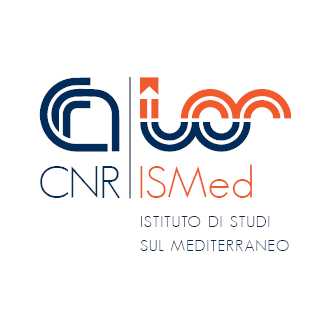Italy’s energy policies in the Mediterranean. A historical perspective

Italy’s energy policies in the Mediterranean. A historical perspective
INVITATION TO THE SEMINAR OF THE CYCLE
“Beyond Disciplinary Barriers. ISMed as a Research Laboratory.”
Italy’s Energy Policies in the Mediterranean
a historical perspective
January 23, 2024 10:00 am
CNR-ISMed
Humanities Pole (VI floor)
Via Cardinale Guglielmo Sanfelice, 8
80134 Naples
Remote participation on Teams:
http://tinyurl.com/2ubnf7un
The seminar aims to analyze Italy’s oil policies in the Mediterranean during the Cold War. Based on new sources from Italian and U.S. archives, it will focus in particular on the relations between Italy’s main energy company – ENI – and the producer countries of North Africa and the Middle East during the years of Mattei’s presidency and during the oil crises of the 1970s.
ENI’s definition of an autonomous policy in the Mediterranean came in the wake of the 1956 Suez crisis and as part of the “neo-Atlantic” policy promoted by the Italian government beginning in 1957. During and after the crisis, ENI Chairman Enrico Mattei highlighted how producer countries represented a threat and at the same time a resource for those who depended on their energy sources. Between the second half of the 1950s and the early 1960s, ENI signed a series of treaties with producing countries that at least partly challenged the rules of the international oil market. It also promoted the idea that the forms of economic and technological development introduced by public companies in southern Italy could be a model for countries on the southern shore of the Mediterranean to follow.
During and after the Six-Day War and in the context of the 1973 oil “shock,” ENI, with the support of the Italian government and, in particular, Foreign Minister Aldo Moro, linked in new and original ways the changes taking place in the producing countries with the détente process. It argued that the forms of multipolarity and dialogue made possible by détente should be extended to the Mediterranean and lead European countries to establish new and more equitable relations between oil producers and consumers.
PROGRAMME
INSTITUTIONAL GREETINGS
Gabriella Corona
Director of the Institute for Studies on the Mediterranean
of the National Research Council (CNR-ISMed)
SPEAKERS
Elisabetta Bini
University of Naples Federico II
INTRODUCES AND MODERATES
Gabriella Rago
University of Turin
FINAL DEBATE
SCIENTIFIC COMMITTEE
Gabriella Corona, Desirée A.L. Quagliarotti
CNR-ISMed
INFO AND CONTACTS
desiree.quagliarotti@ismed.cnr.it
www.ismed.cnr.it
HOW TO JOIN
The seminar is open to the public, subject to availability.
It is also possible to participate remotely, on Teams:
http://tinyurl.com/2ubnf7un
In annex flyer and program 2023-2024
Last update
31 January 2024, 10:40

 CNR – ISMed
CNR – ISMed